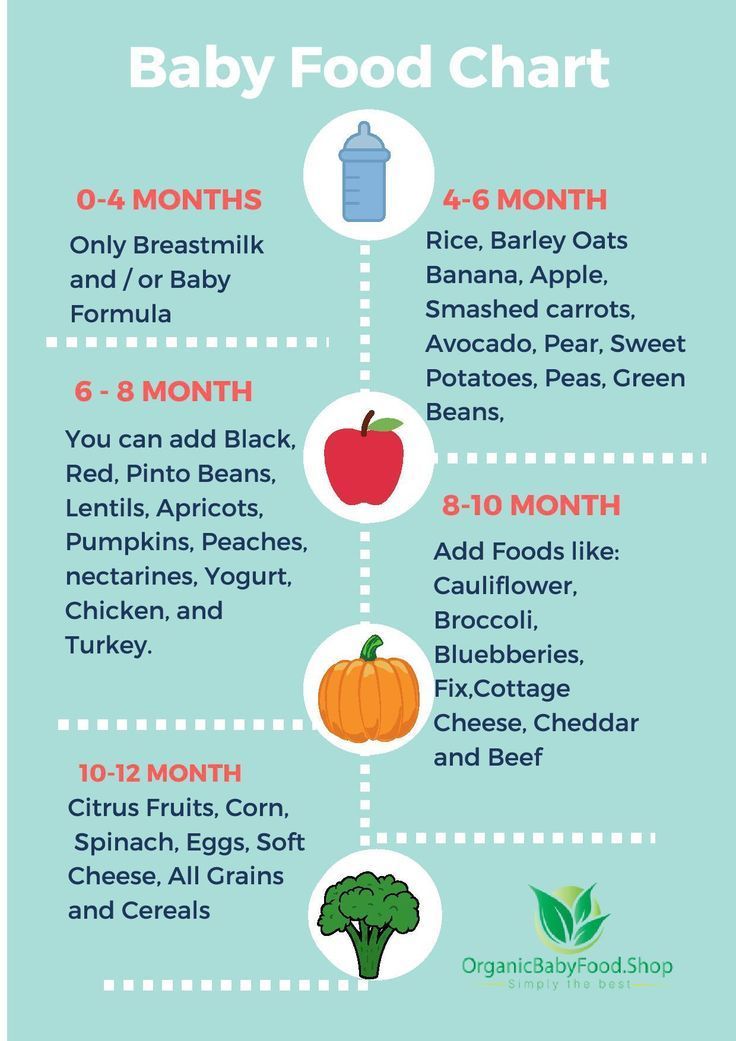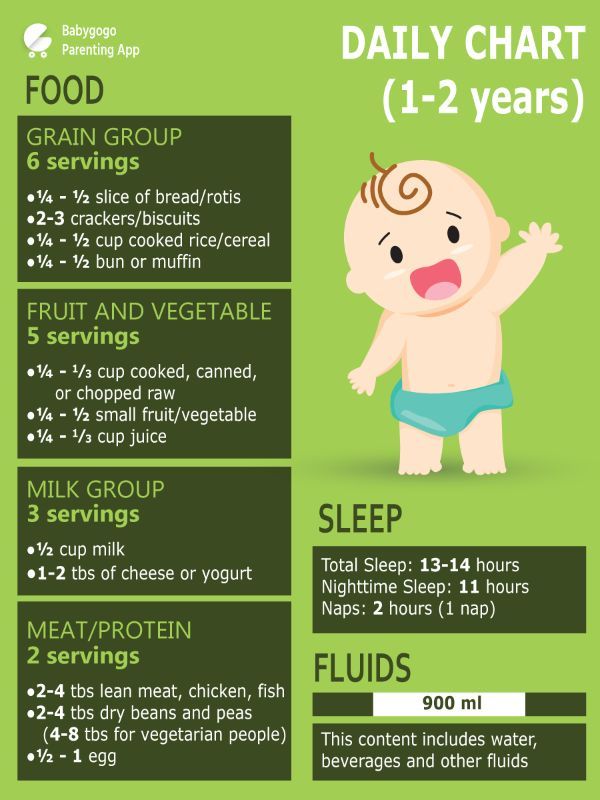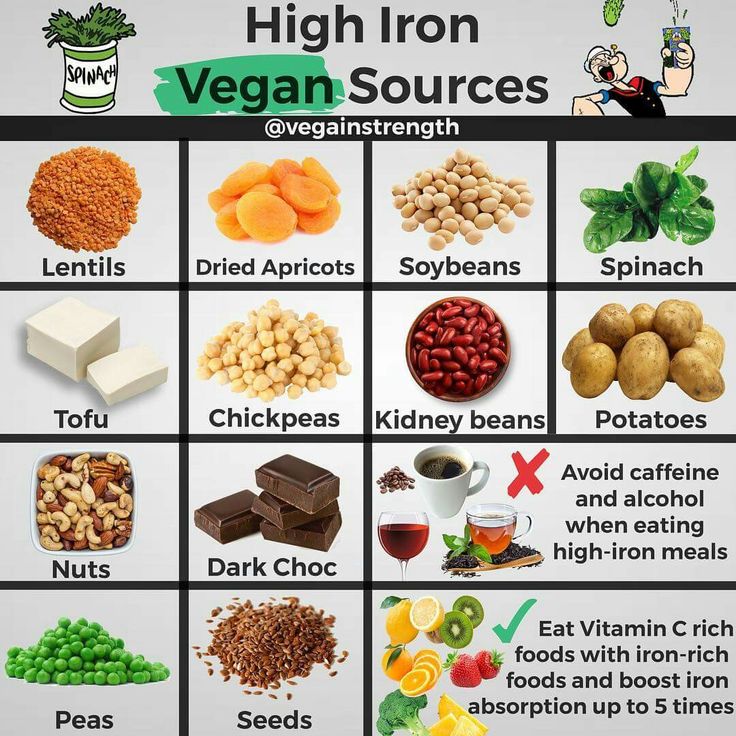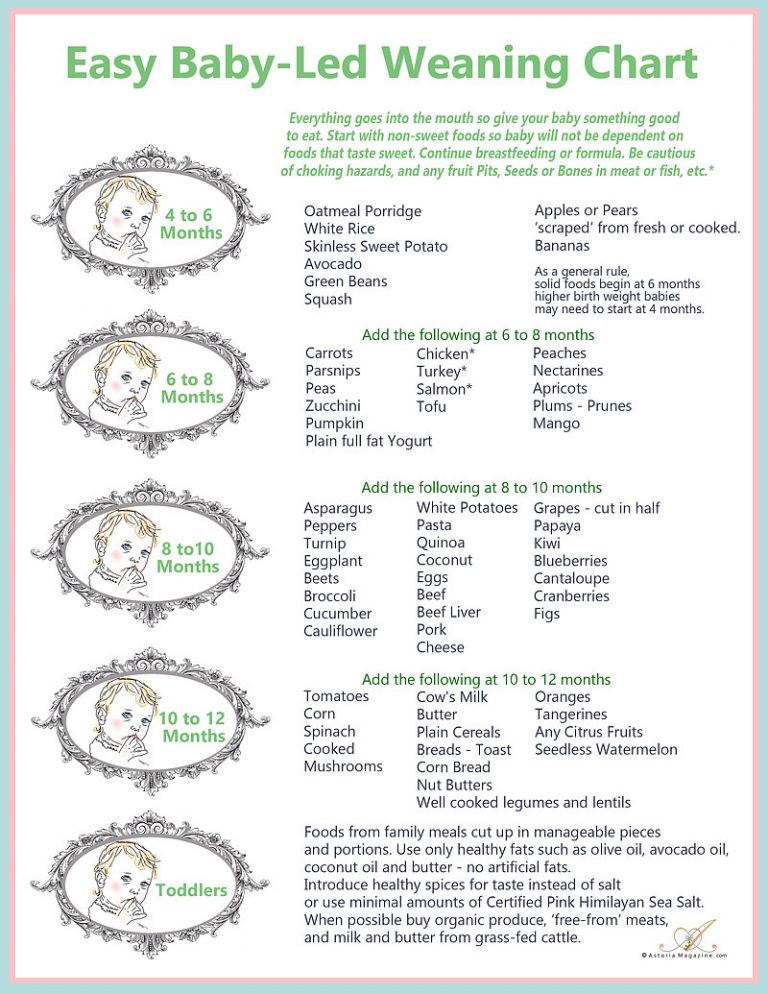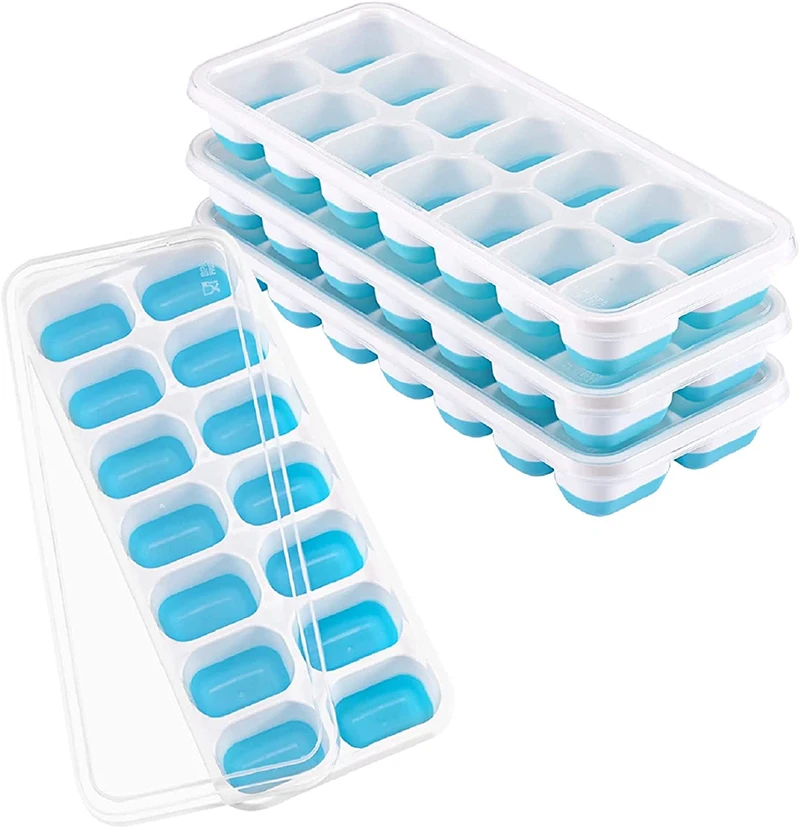Age to feed baby yogurt
When can babies eat yogurt, and which baby yogurt is best?
Most babies can start eating yogurt as soon as they start eating solids – around 4 to 6 months. Yogurt is an excellent choice for one of your baby's first foods because it contains calcium, protein, and vitamins. The best option is plain, unsweetened, pasteurized yogurt (regular or Greek) made from whole milk and containing "live cultures."
What kind of yogurt is best for babies?
Nearly all flavored and fruit-on-top yogurts, even products marketed for babies, contain added sugar, which can contribute to tooth decay and obesity. The USDA guidelines recommend that children under 2 years old get no added sugar from their diet. Choosing plain yogurt is the easiest way to avoid added sugar.
To see whether a product has added sugar, check the nutrition label. Look at the line under "Total Sugars" to see how much of the sugar in a product is added sugar. (All yogurt contains some natural sugar in the form of lactose. )
Yogurt made from whole milk is best for babies and toddlers because they need the calories and fat in full-fat dairy products. Don't offer your child reduced-fat or fat-free yogurt before age 2 unless your healthcare provider advises it.
Greek yogurt is strained for a rich, creamy texture, and has twice as much protein as regular yogurt, making it another good choice for babies. Plus, it's often easier to find Greek yogurt in sugar-free varieties.
Is yogurt healthy for babies?
In addition to being a good source of calcium and protein, some types of yogurt contain live cultures, also known as probiotics. These are living microorganisms (bacteria) used to convert milk to yogurt, or added to yogurt afterward. They promote the growth of healthy bacteria in the gut, which researchers believe may help with digestion.
How can you tell whether yogurt has this good bacteria? The product label should state that the yogurt contains live or active cultures, which means the organisms haven't been destroyed by heat during processing.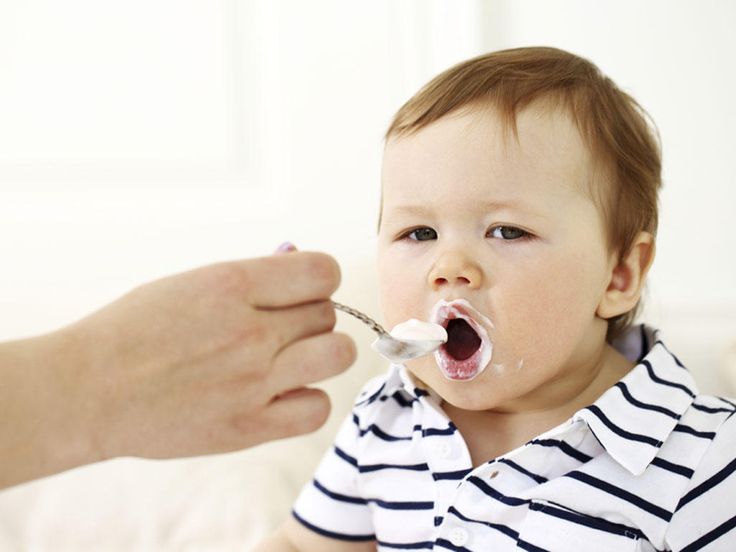 However, a label that says "made with active cultures" does not mean that the yogurt still contains living cultures, only that the yogurt was made with them (as all yogurt is).
However, a label that says "made with active cultures" does not mean that the yogurt still contains living cultures, only that the yogurt was made with them (as all yogurt is).
It can be hard to tell if a yogurt contains a significant amount of beneficial bacteria. One way is to look for the Live & Active Cultures seal by the International Dairy Foods Association. This seal identifies products that contain at least 100 million live and active cultures per gram. But participation in the program is voluntary, so a product without the seal isn't necessarily short on cultures.
You may wonder why it's okay for babies to eat yogurt, when drinking cow's milk isn't recommended until a baby is at least 12 months old.
Advertisement | page continues below
Actually, a little bit of cow's milk, like the amount in the occasional serving of yogurt, won't hurt your baby. It's just not a good replacement for the breast milk or formula that still makes up most of their diet for the first year.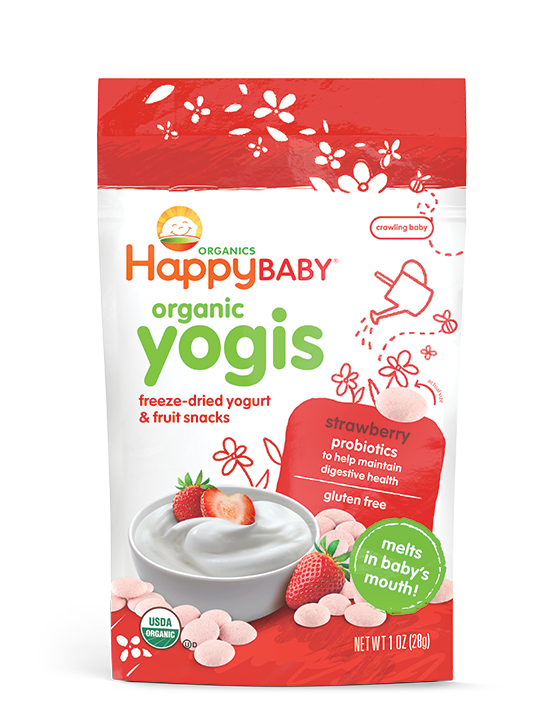
That's because babies can't digest cow's milk as easily or completely as breast milk or formula. And cow's milk doesn't have the ideal proportion of fats and nutrients that your baby gets from breast milk or formula.
For more information, see our article on when and how to introduce cow's milk to your child.
Yogurt allergies in babies
If your baby has been diagnosed with a milk allergy or shows signs of a food allergy (such as eczema), don't give them yogurt until you've checked with your healthcare provider.
Otherwise, as with any new food, wait at least three days after introducing yogurt before giving your baby another new food. That way, if your baby has an allergic reaction, it will be easier to tell what caused it.
Common symptoms of an allergic reaction include itchy red spots or patches, swelling around the lips or eyes, or vomiting within two hours of eating the recently introduced food. If you notice any of these symptoms, don't give your baby any more of the food until you've checked in with your provider.
Lactose intolerance – which is different from a milk allergy – is very rare in babies. Even if your child becomes lactose intolerant, it may be fine for them to eat yogurt. The production process breaks down much of the lactose, making yogurt more easily tolerated than other dairy products.
Yogurt recipes for babies
Your baby may not be a fan of plain yogurt, so try adding flavor (and nutrients) by mixing in fruit or vegetables. For babies who are new to solids, start with pureed fruit and cooked, pureed vegetables. For older babies, you can add soft fruit and cooked vegetables chopped into small pieces. Mashed avocado, applesauce, oatmeal, and wheat germ are also good additions.
Never give honey to a baby younger than 12 months because it may contain bacteria that can cause botulism in children that age.
Try these baby food recipes with yogurt:
- Yogurt and berry swirl
- Baby guacamole
- Tropical fruit salad
When Can Babies Eat Yogurt?
Written by WebMD Editorial Contributors
Reviewed by Dan Brennan, MD on March 14, 2021
In this Article
- Introducing Your Baby to Yogurt
- Nutritional Benefits of Yogurt for Your Baby
- How to Prepare Yogurt for Your Baby
- Tips for Introducing New Foods to Your Baby
When you begin to offer your baby solid food around six months, you introduce them to a variety of tastes, flavors, and textures.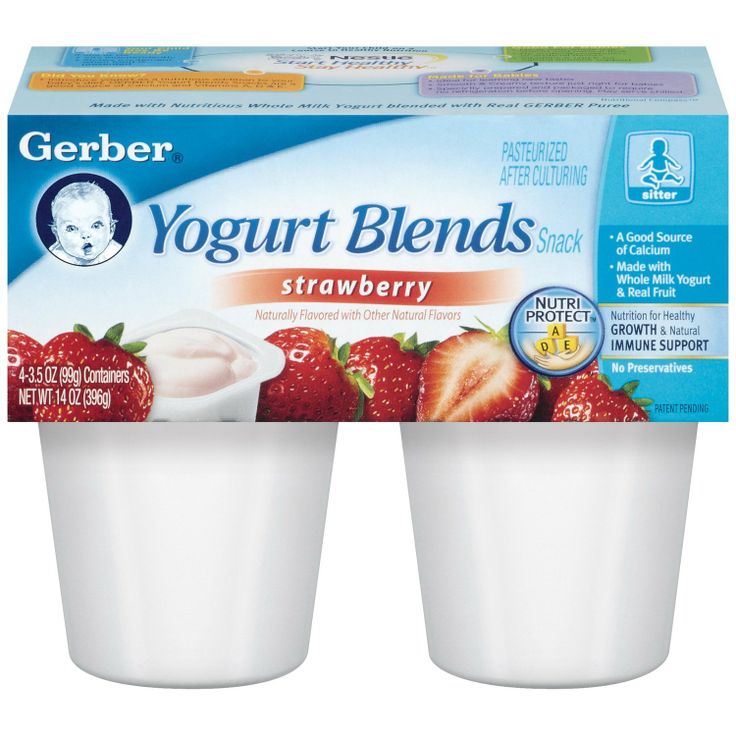 Before you begin, it’s important to know how to safely introduce allergenic foods.
Before you begin, it’s important to know how to safely introduce allergenic foods.
Yogurt is a great food choice once your baby is introduced to solids. Yogurt is safe for babies as long as you pay close attention to nutrition labels and watch for any allergic reactions. Talk to your doctor first if there is a history of dairy allergy or lactose intolerance in your family.
Introducing Your Baby to Yogurt
Be sure to read labels on yogurt and make sure to avoid two specific ingredients:
- Honey. Honey isn't safe before 12 months because your baby may contract a type of food poisoning called botulism.
- Added sugar. Many yogurts have added sugar or sweeteners that have no benefit for your baby. Try sweetening yogurt with fruit instead.
You should only introduce one new food at a time to your baby, and wait at least three days before introducing another. By doing this, you can pinpoint an allergic reaction if they have one. Since dairy allergies are common, this is especially important when offering yogurt to your baby.
Since dairy allergies are common, this is especially important when offering yogurt to your baby.
Watch for these signs of an allergic reaction:
- Vomiting
- Diarrhea
- Skin rash
- Swelling around the lips or eyes
If your baby has an allergic reaction, stop feeding them yogurt and call your pediatrician. They can provide guidelines of when to try offering yogurt again to see if the allergy goes away with time.
Nutritional Benefits of Yogurt for Your Baby
Yogurt is rich in protein and calcium, as well as phosphorus and B vitamins. While protein aids in muscle development and calcium promotes strong bones and teeth, most of yogurt's health benefits seem to come from its live bacterial content. Yogurt and other fermented foods that contain specific strains of live bacteria are known as “probiotic.” Probiotic foods like yogurt may help maintain a healthy balance of bacteria in your baby’s gut. Over time, probiotic foods may even prevent a wide range of health issues including obesity and diabetes.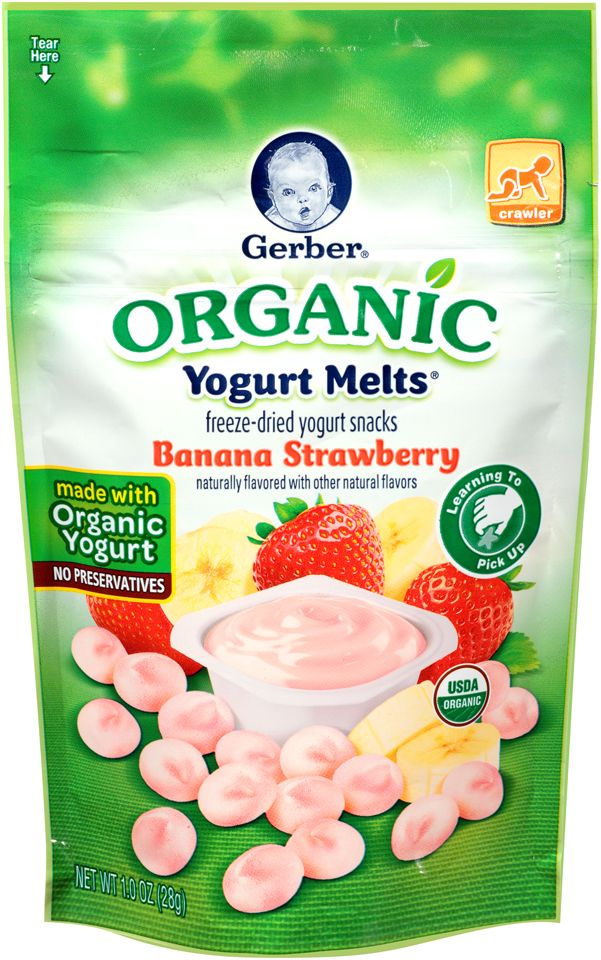
A serving size for your baby is about half a cup of yogurt. Some yogurt brands are fortified with added protein and vitamins that are fine for your baby, but read labels carefully to look for added sugar and honey as ingredients.
How to Prepare Yogurt for Your Baby
Once you have established that your baby isn't allergic to either yogurt or individual fruits, add chopped or mashed fruits to your baby’s yogurt for added taste and sweetness. Make sure the pieces are small enough that they aren't a choking hazard.
Great chopped or mashed fruits to add to yogurt include:
- Strawberries
- Blueberries
- Peaches
- Banana
You can spoon-feed your baby or let them hold the spoon and try to feed themself. Of course, they might make a mess. This is part of their learning about food as they are introduced to solids.
Tips for Introducing New Foods to Your Baby
Before offering new foods, ask these questions:
- Can my baby hold their head up independently? This is an important developmental milestone for eating solid food.
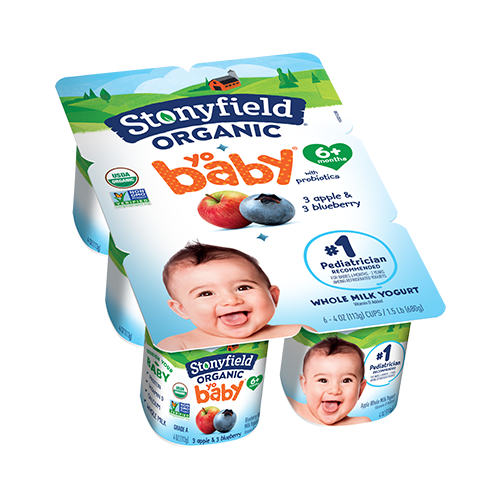
- Is my baby interested in eating? Your baby may watch you eat with interest, or even try to grab your food and taste it. When you offer your baby a spoon, they should open their mouth to eat.
- Can my baby move food to their throat? If you offer food with a spoon, your baby may push it out with their tongue first. This is called the tongue-thrust reflex. With time they will learn to use their tongue to push the food to the back of their mouth and swallow.
Offer a variety. As your baby starts to eat solid foods, they need variety in their diet. This helps ensure your baby is receiving all of the nutrients they need and also helps expand their palate for new tastes.
Normalize new foods. Once you introduce a new food to your baby and you've confirmed they aren't allergic to it, try to offer it to them again at least twice a week. Not only does this familiarize your baby with new foods, but it can also prevent food allergies.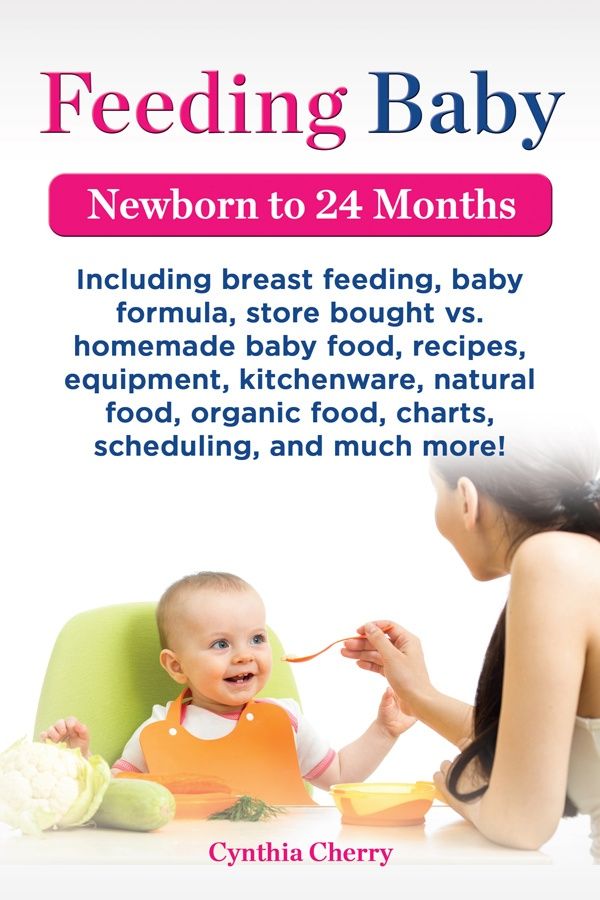 Additionally, when your baby is learning to eat, they watch you. Make sure to offer them the same foods the rest of the family is eating for encouragement.
Additionally, when your baby is learning to eat, they watch you. Make sure to offer them the same foods the rest of the family is eating for encouragement.
Consider Allergens. By the time your baby is 12 months old, they should be introduced to each of the common allergenic foods:
- Cooked egg
- Creamy peanut butter
- Cow’s milk (dairy)
- Tree nuts (such as cashew or almond paste)
- Soy
- Sesame
- Wheat
- Fish and other seafood
By introducing these foods early in life, you can reduce your baby’s chance of developing food allergies.
From what age can yogurt be given to children and how to prepare it at home?
One of the favorite treats for both adults and children is yogurt. This product is obtained by adding microorganisms that promote fermentation to milk - thermophilic streptococcus and Bulgarian stick. This distinguishes it from other fermented milk products and provides its beneficial effect.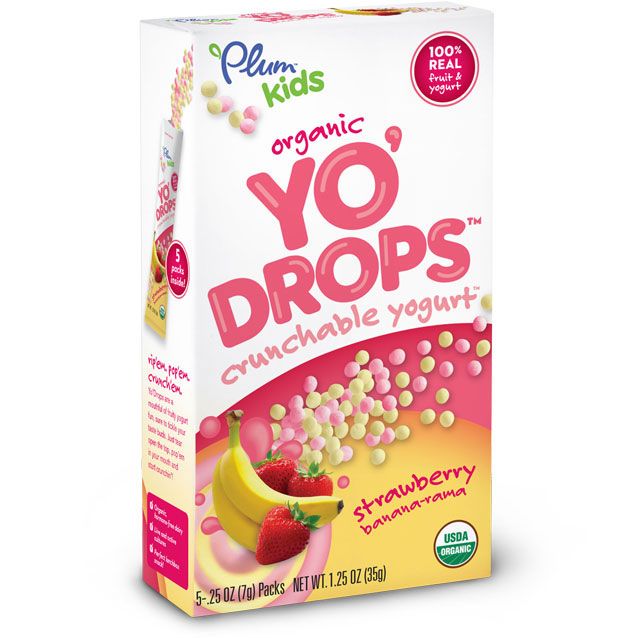 At what age can you start giving your baby yogurt? What is the benefit for the child from this product? Can it negatively affect the child's body? How to make healthy yogurt at home? Is it possible to feed a child with store-bought yogurt and how to choose the right quality yogurt for babies? nine0005
At what age can you start giving your baby yogurt? What is the benefit for the child from this product? Can it negatively affect the child's body? How to make healthy yogurt at home? Is it possible to feed a child with store-bought yogurt and how to choose the right quality yogurt for babies? nine0005
Contents
Yogurt - what is it good for?
- Yoghurt is a source of protein that is easily digestible in the child's body;
- This fermented milk product contains a lot of calcium, which is important in the formation of bones and strengthening of teeth;
- Yogurt contains many vitamins A, B, potassium, chlorine and phosphorus. Yogurts contain many vitamins and microelements that are important for the growth of a child;
- The probiotics in this product are good for digestion. and immunity Yogurt is useful to eat after taking antibiotics, it restores the microflora in the intestine; nine0016
- If you eat yogurt every day, the body produces interferon, and it increases the protective functions of the body;
- Children's yogurt can be liquid (you can drink it) and thick (pectin is added to it), which allows you to diversify the baby's complementary foods with this product.
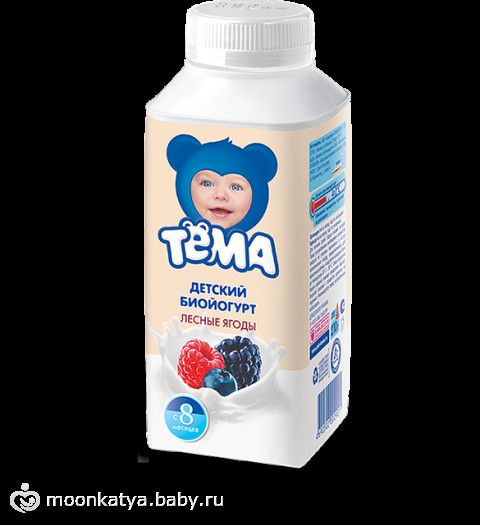
When can yogurt be dangerous?
Yogurt itself cannot harm a child, but since it is a perishable product, there is a danger of feeding the baby expired and spoiled yogurt. Always carefully check the date of manufacture of the product and the expiration date .
There are so many fermented milk products in the stores now that you can accidentally choose yogurt that is not intended for children in such abundance. You need to be careful not to make such mistakes.
Are you allergic to yogurt?
A baby may be allergic to yogurt in two cases:
- if the fermented milk product contains berries and fruits;
- if the baby is allergic to cow's milk protein. nine0027
- With apples or applesauce.
- Peach or peach puree.
- Pumpkin.
- Pear.
- Banana.
- Curd.
- Cookies.
- small apple;
- pear;
- plum - 3 pcs.;
- melon - 1 slice;
- grapes - a small handful.
- apple;
- banana;
- kiwi;
- persimmon;
- tangerine.
- Look at the label to see if the product is labeled “yogurt”.
- Read the ingredients - baby yogurt should only be made with milk and starter. If the composition contains flavors, preservatives and thickeners, refuse to buy.
- Yoghurts containing pieces of fruit may be purchased but should be given carefully. The baby may have an allergy. It is best to add store-bought fruit puree to regular plain yogurt. nine0016
- For a small child, especially the first year of life, it is better to choose semi-fat or classic milk yogurt with a fat content of up to 3.2 g. For a child from 2 to 5 years old, classic, milk-cream and cream-milk yogurts are suitable. Fat-free and reduced-fat yoghurts are not foods of choice for children and should only be used on the advice of a doctor.
- Check expiration date.
 Valid value is 5-7 days. Yoghurts that can be stored longer contain preservatives. Do not buy a product that can be stored without refrigeration. nine0016
Valid value is 5-7 days. Yoghurts that can be stored longer contain preservatives. Do not buy a product that can be stored without refrigeration. nine0016 - Yoghurts of currently known manufacturers - Aktimel, Miracle, Ehrmann, Rastishka, Immunele and others do not belong to baby food. They have a longer shelf life, they contain dyes and flavors identical to natural ones. They are allowed to be given to children from 3 years old, this is indicated on the product packaging.
- If the yogurt is marketed as a bioproduct, the microbial concentration data must be on the label. Usually, by the end of their expiration dates, their content should be at least 107 CFU. nine0016
- viscous to be eaten with a spoon;
- drinkable, which can be drunk from a cup or bottle.
-
Vladimir Titarenko
Fitness nutritionist
22 answers
nine0016 -
Maria Sinyapkina
Sexologist
26 answers
-
Maxim Sorokin
Practicing psychologist
810 responses
nine0016 -
Maria Burlakova
Psychologist
273 answers
-
Ivanova Svetlana
Coach
43 answers
-
Galimov Ildar
Family psychologist
272 answers
-
Vera Vladimirovna Zolotykh
Psychologist
146 answers
-
Letosheva Tati
Expert in Eastern practices
10 answers
-
Anna Antonchik
Female psychologist
62 answers
-
Ekaterina Golikova
Psychologist
48 answers
-
My husband and his children and grandchildren piss me off...
-
0037
720 responses
-
Such a salary - I don't want to work
511 responses
-
Lies 22 years long. How to destroy?
787 answers
-
Husband left, 2 months of depression... How will you cope if you are left all alone?
177 replies
At what age are children offered yogurt?
Pediatricians recommend giving yogurt to formula-fed babies from the age of 8 months. Breastfed babies are introduced to complementary foods from 9 months.
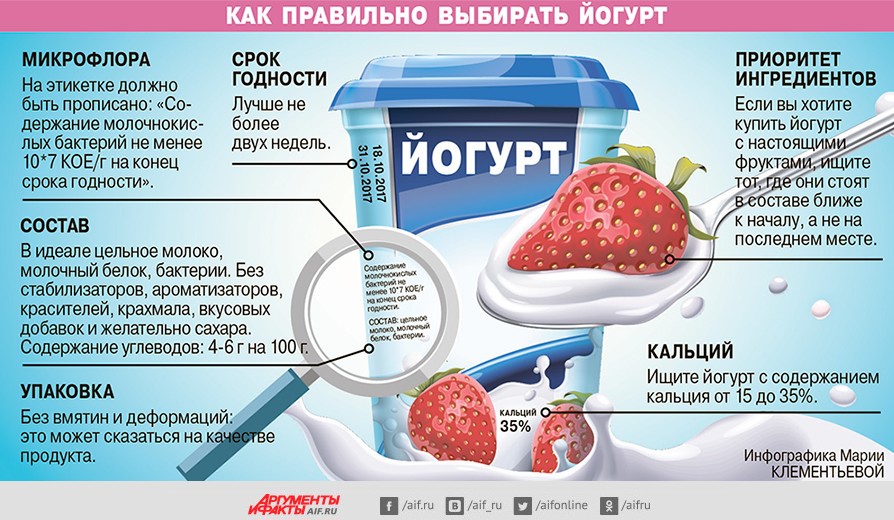
How to properly introduce into the diet?
The first acquaintance of the baby with yogurt is best done during breakfast, offering him one spoonful of the new product . This is done so that during the day it is possible to assess the child's condition - whether there is an allergy to yogurt. If there is no reaction, then in the future, yogurt is given to the child along with fruit foods, during an afternoon snack. This is usually the fourth feeding of the day. Yogurt can also be combined with cookies and cottage cheese. nine0007
Yogurts not marked “for children” with live bacteria are given to a child after two years. What portion of yogurt is recommended for children to eat at an early age? The daily volume of this product should not exceed half of the norm of all fermented milk supplements received by the child. Children under 1 year old are given 80-100 ml of yogurt, and at the age of 1 to 3 years, the portion is increased to 200 ml.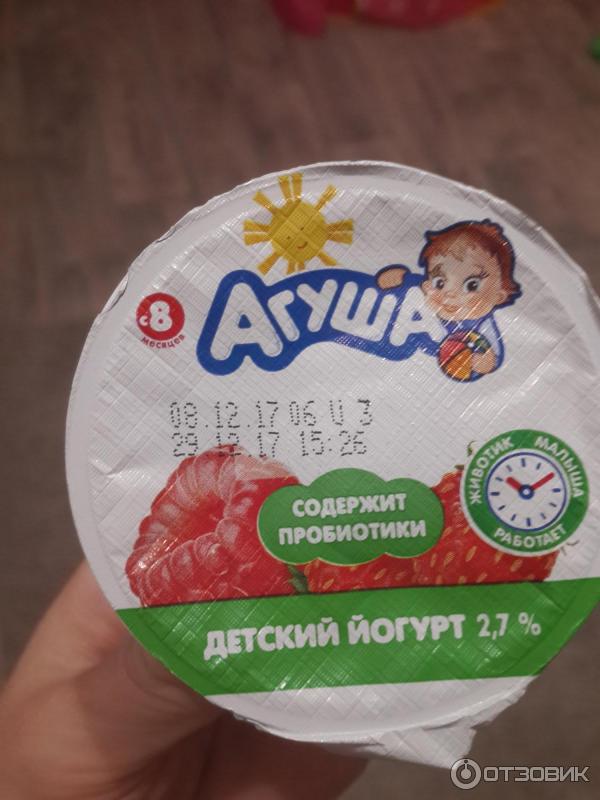
How to make your own yogurt
Yogurt starter can be bought at any pharmacyTo make yogurt, you need to buy a special starter. You will also need fresh boiled milk. It is advisable to sterilize the dishes in which you will prepare the yogurt. nine0007
In a yogurt maker
Cool the boiled milk to a temperature of 38-40 degrees, not higher, add the starter. At temperatures over 40 degrees, bacteria will not be able to multiply and yogurt will not turn out. After adding the leaven to it, mix thoroughly. Pour milk into sterile containers. Now the yogurt maker will do its job. It constantly maintains the desired temperature at which bacteria actively multiply. The main advantage of the yogurt maker is the long-term maintenance of the temperature necessary for the “work” of the starter microorganisms. nine0007
The process of preparing the product in the yoghurt maker takes approximately 8-10 hours. You can put milk at night, and in the morning you can eat yogurt.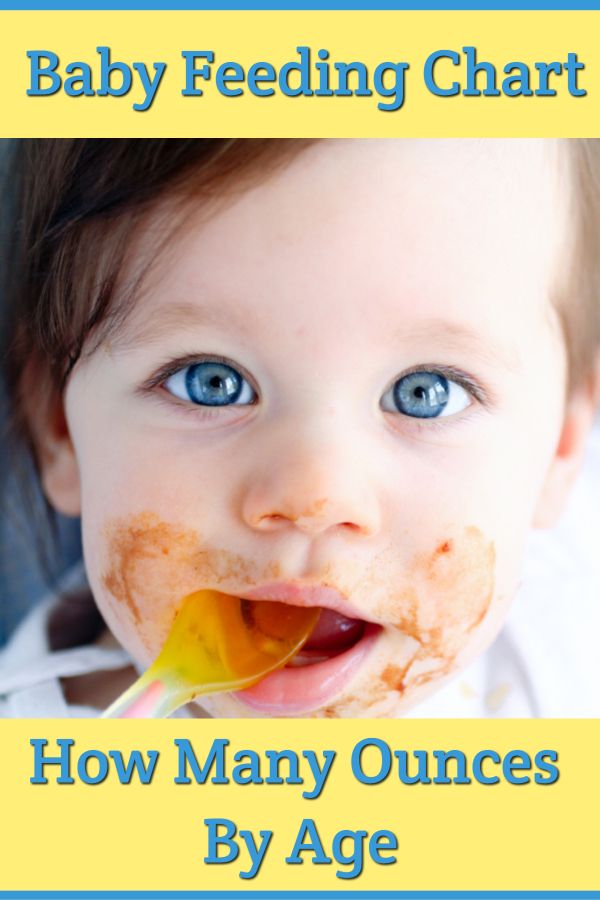 Store it in the refrigerator for no longer than 4-5 days. It is better to give this product to a child in the first two or three days after fermentation - the longer the yogurt is stored, the less beneficial bacteria it contains.
Store it in the refrigerator for no longer than 4-5 days. It is better to give this product to a child in the first two or three days after fermentation - the longer the yogurt is stored, the less beneficial bacteria it contains.
Making yogurt in a yogurt maker:
In a multicooker
You can also make yogurt in a multicooker if it has a Keep Warm mode. Boil 2 liters of milk, then cool it to the desired temperature (38-40 degrees). We add sourdough to it. Having closed the device with a lid, set it to the desired “yogurt” mode. Cooking time - 8-10 hours. When the yogurt is ready, pour it into glass containers and put it in the refrigerator. You can eat it after 2-3 hours. nine0007
Homemade yogurt in a slow cooker:
In a thermos
Add the starter to boiled and cooled to 40 degrees milk, mix. Pour it into a thermos, after dousing the thermos with boiling water . This must be done to clean the thermos from pathogenic bacteria. We close the thermos, wrap it in a towel and put it in a warm place - near the battery in winter or in a sunny place in summer.
After 4-7 hours the product in a thermos is usually ready. Now you need to pour the yogurt into sterile cups or jars. Then we send it to the refrigerator for at least a couple of hours. nine0003 In a cold environment, bacteria growth stops, preventing further mowing of milk . In yogurt, you can put pieces of fruit, a little jam or syrup.
How to make homemade yogurt in a thermos:
Homemade yogurt for children under one year old - recipes
It's good if the baby liked the taste of yogurt without additives.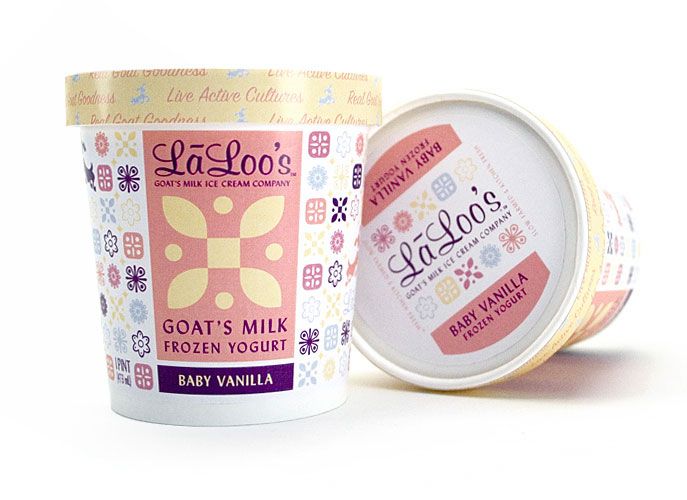 However, some kids are happy to eat sour-milk products, if you diversify their taste with fruits. What ingredients go with homemade or store-bought baby yogurt? nine0007
However, some kids are happy to eat sour-milk products, if you diversify their taste with fruits. What ingredients go with homemade or store-bought baby yogurt? nine0007
Important! When you mix yogurt with fresh fruit, you should eat it right away, but you can add canned fruit puree from the store in advance.
Seasonal fruit salad with yogurt
[sc name=”rsa” ]
Yoghurt is an excellent dressing for fruit salads. Since it is better for children to give only seasonal fruits, we will conditionally divide salads into summer and winter. Such a delicacy can be pampered by children over 1 year old. Let's look at some recipes for fruit salads with yogurt.
Add fruits of your choice and omit those you don't have on hand. Fruit salad is always delicious!
Fruit salad is always delicious!
How to make summer salad:
You will need:
Thoroughly wash the fruit and remove the stones and skins. Cut the pulp into small cubes, season the salad with yogurt. If you need to sweeten the dish, add a little honey.
Winter fruit salad:
Personal video greeting from Santa Claus:
You will need the following ingredients (1 each):
Remove the skin and seeds from the fruit and cut the flesh into cubes. Lay the fruits in layers, seasoning each of them with yogurt. You can sprinkle a little sugar on each layer.
It is best to treat your baby to this salad as soon as it is prepared, so that the fruit does not lose its beneficial properties.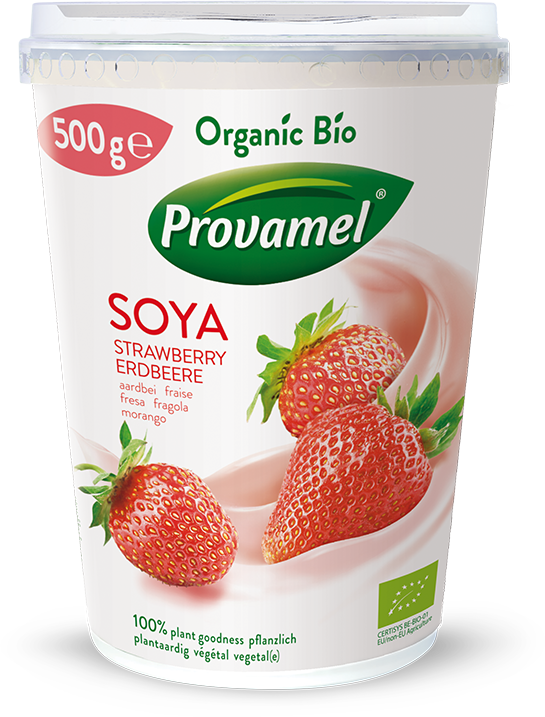 To increase appetite and to interest the child, you can try to design a new dish in the form of a house, car or some kind of animal. nine0007
To increase appetite and to interest the child, you can try to design a new dish in the form of a house, car or some kind of animal. nine0007
How do you make yoghurt taste great and what are some healthy additions?
Dried fruits. Raisins and dried apricots are very useful on their own. If you add them to yogurt, then it will not lose its value and will acquire a sweetish note. Moreover, children always like to catch dried fruits from yogurt and eating it turns into a kind of game.
Vanilla. She has an excellent aroma, from which many are delighted. If you add a little vanilla to the finished yogurt, it will be incredibly fragrant and appetizing. The main thing is not to overdo it, otherwise the product will be slightly bitter. nine0007
nine0007
Nuts. Nuts are rich in fats, which are so necessary for a growing child's body. They help make yogurt not only tastier, but also more satisfying. Cashews, almonds, hazelnuts, and walnuts make great additions.
Muesli. Also able to change the taste of yogurt and make it more satisfying. The flakes become soft and melt, which many children like.
Which starter to use?
If you want to prepare healthy yogurt for your baby, do not use store-bought yogurt as a starter, as the fillers and microflora of the product will give you unpredictable results. Buy only a special starter that contains the bacteria needed to make yogurt. nine0007
Purchase starter culture at a pharmacy (or store), check its expiration date. Make sure it has been kept in the refrigerator. When preparing yogurt for a child under one year old, always take a new starter.
There are also starter cultures from which other fermented milk products are prepared - these are streptosan, bifivit and vitalact.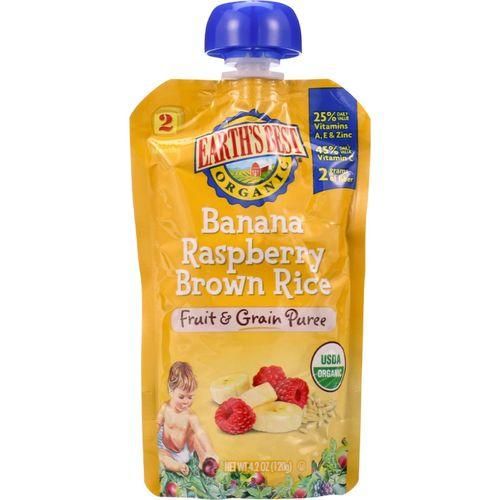 They contain other bacteria. Occasionally indulge your little ones with foods made from these starters for a change.
They contain other bacteria. Occasionally indulge your little ones with foods made from these starters for a change.
Choosing a good yogurt for a child in a store
Agusha
Under the brand name "Agusha" 2 types of yoghurts are produced for children under 1 year old
Both recommended from 8 months. Agusha is distinguished by the widest range of children's yoghurts.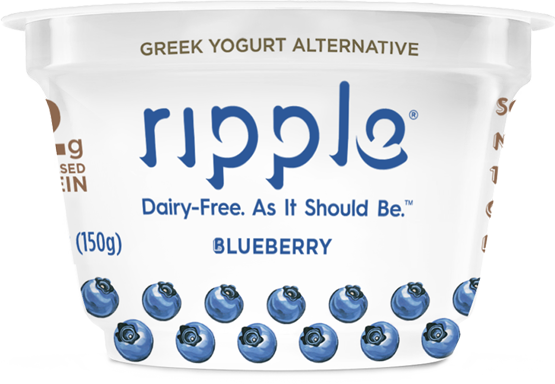
The shelf life of Agusha yoghurts is 14 days.
Tyoma
Tyoma only has drinking yoghurts. Bioyoghurts Tyoma are recommended from 8 months. nine0007
Ingredients: whole milk, powdered and skimmed milk, sugar, fruit puree and juice, thickener (cornstarch), natural color (carrot juice), acidity regulator (concentrated lemon juice), Bioyoghurt Tyoma contains 3.2% protein, 2 .8% fat, 11.5%, sugar 5.8%, calories 84 kcal.
The introduction of yogurt to the child's menu is something that cannot be neglected, because the benefits of this product are obvious. The Bulgarian stick contained in it has a detrimental effect on various pathogenic bacteria in the body. Therefore, yogurt can be called a natural probiotic that protects the health of your crumbs. nine0007
Tips for consumers: how to choose the right yogurt?
Myths about yogurt - the benefits and harms of yogurt for children
Although yogurt has long been a well-known product, there are many myths around it. Consider the most popular of them.
Consider the most popular of them.
Myth 1. Yogurt is a source of vitamins missing in the body. It is not true. Yes, yogurt contains vitamins necessary for the child's body, but their amount is very small. To replenish the body with the missing vitamins, the child will have to drink liters of yogurt. nine0007
Myth 2. Live yogurt can have a long shelf life. This is a delusion of modern mothers who believe that technology has taught a quality product not to deteriorate for a long time. Not true. All-natural yogurt can be consumed within a week and only if it is properly stored. After this period, all beneficial bacteria in the dessert die and it can no longer be called alive. Long-term storage yogurts contain preservatives in their composition, therefore they are not natural and are not recommended for children. nine0007
Myth 3. Yogurt is rich in calcium, like all dairy products. This is not entirely true. Calcium enters the body of a cow that gives milk with food.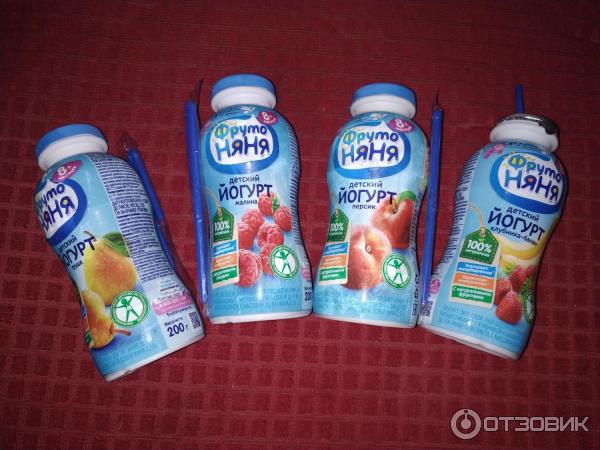 If it is not in grass and feed, then it is not in milk, and it will not be in yogurt. Therefore, in order for the milk you bought (and, accordingly, yogurt) to contain calcium, you must know for sure that the cow received it, for example, with special feed.
If it is not in grass and feed, then it is not in milk, and it will not be in yogurt. Therefore, in order for the milk you bought (and, accordingly, yogurt) to contain calcium, you must know for sure that the cow received it, for example, with special feed.
Myth 4. Yogurt is good for the kidneys. In fact, dairy products really cleanse the body of toxins, but fermented milk yogurt is not recommended for children with sand or kidney stones. Nephrologists in this case require to completely exclude it from the diet. nine0007
Myth 5. Yogurt should not be taken if urate is detected. On the contrary, yogurt should be drunk to children who have been found to have them, since fermented milk products are the best way to remove urates from the body.
Myth 6. Any yogurt benefits the body. The biological value of yogurt is reduced to zero after its pasteurization, so thermally processed yoghurts have absolutely no benefit - they no longer have live bacteria.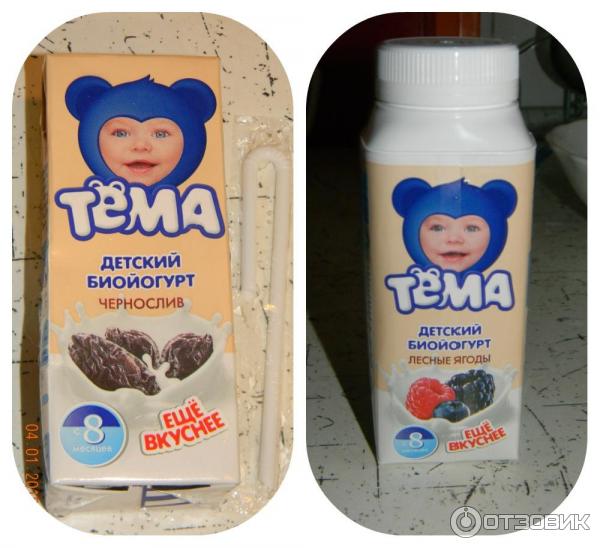
Myth 7. Yogurt should not be taken for diarrhea. This is another common misconception. After restoring the water balance, it is best to start eating with yogurt, which will help restore healthy intestinal microflora. nine0007
Myth 8. Sweet yogurt is just as healthy as plain yogurt. Sugar and bacteria can react with each other, so sugar-free yogurt is best.
Myth 9. Yoghurt can replace two or three meals a day. Do not get carried away with yoghurts - the children's body should receive good nutrition, rich in proteins, fats, carbohydrates, micro and macro elements. Yogurt cannot fully replace other foods. nine0007
Want to be the first to read our content? Subscribe to our telegram channel or VKontakte group.
We are in Zen - join us!
Our Blog in - Pulse Mail.ru
At what age can yogurt be given to a child? From 5 months is it possible?
From what age . ..
..
25 responses
Last - Relume
#1
#2
#5
Guest
From 8-9 months you can have milk, baby curds and biolact. Previously, it was not necessary, especially since you did not give vegetables, meat, fish. Very often, babies have an allergy to milk, due to lactose. Spoil the baby's entire gastrointestinal tract. nine0007
Spoil the baby's entire gastrointestinal tract. nine0007
#8
Guest
For such questions, there is a pediatrician who regularly examines the child.
#9
Guest
agree. Complementary foods start from another and, according to modern WHO standards, from 6 months. Before that, the stomach is still too weak to break down heavy food. nine0007
#13
#14
Guest
Complementary foods according to WHO since six months, as written above.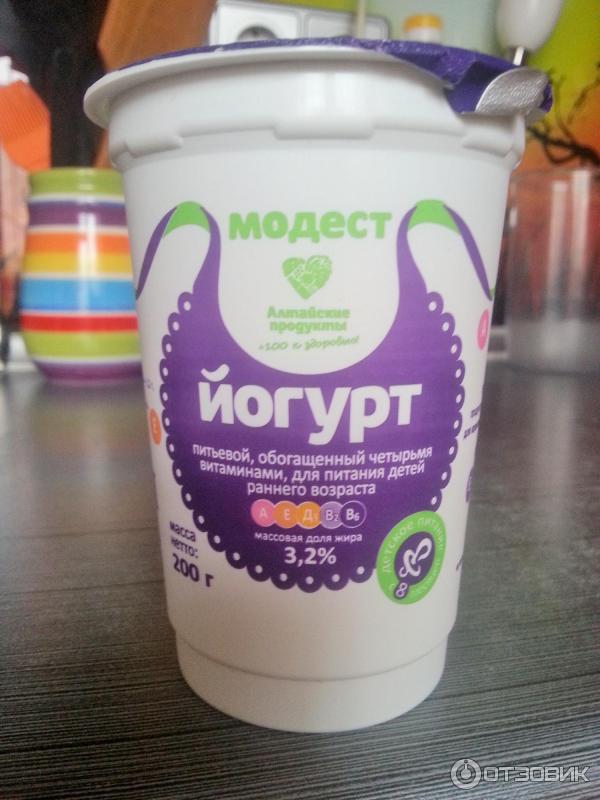 Komarovsky recommends starting with kefir, explaining that WHO simply does not know about kefir, and therefore does not recommend starting with it. There are many schemes for introducing complementary foods, the choice is up to the mother, whom to believe. nine0007
Komarovsky recommends starting with kefir, explaining that WHO simply does not know about kefir, and therefore does not recommend starting with it. There are many schemes for introducing complementary foods, the choice is up to the mother, whom to believe. nine0007
#15
Guest
Dear Mom!!! I am a criminal. From the age of 6 months, we ate borscht with sour cream and cracklings, wiped with a fork. The sons are already 33 years old and 28 years old, if anything. Throw slippers at me, civilized mothers.
#16
#17
002 Fiery
If the baby has constipation, then it is better to give fermented milk formula, we were prescribed NAN.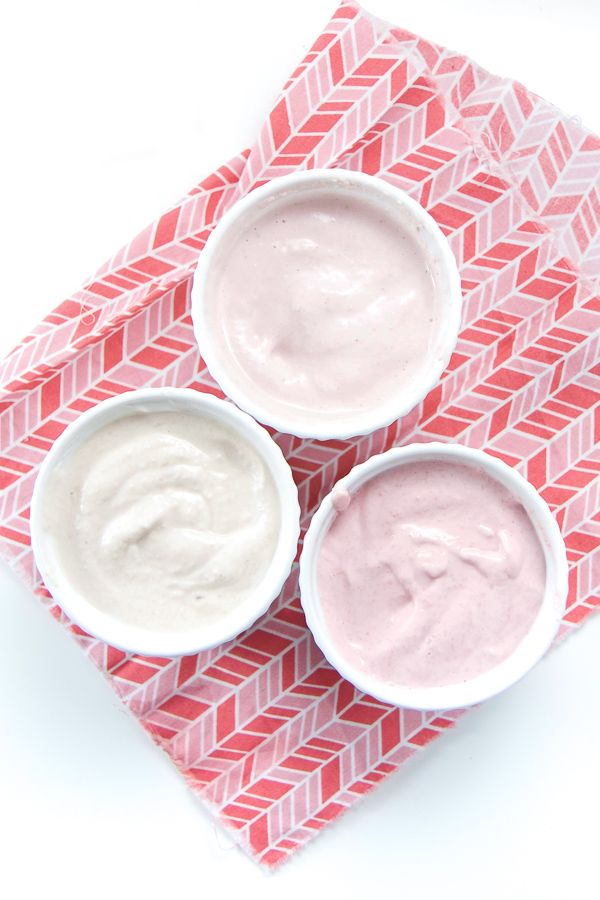
#19
guest
t.*****. It turns out that there are fermented milk mixtures for children from birth?
It is necessary to shove into the vagina with a spoon right from the beginning of pregnancy. #22 Guest You need to shove a spoon into the vagina right from the beginning of pregnancy. Woman.ru experts #22 Fiery Why would you want to give your child yogurt at that age? Five months early for the introduction of fermented milk products. #22 Guest Mom dear!!! I am a criminal. From the age of 6 months, we ate borscht with sour cream and cracklings, wiped with a fork. The sons are already 33 years old and 28 years old, if anything. Throw slippers at me, civilized mothers. #23 guest and start serving sausages. let him get used to semi-finished products from a young age #27 Guest Dear Mom!!! I am a criminal. Uninvented stories
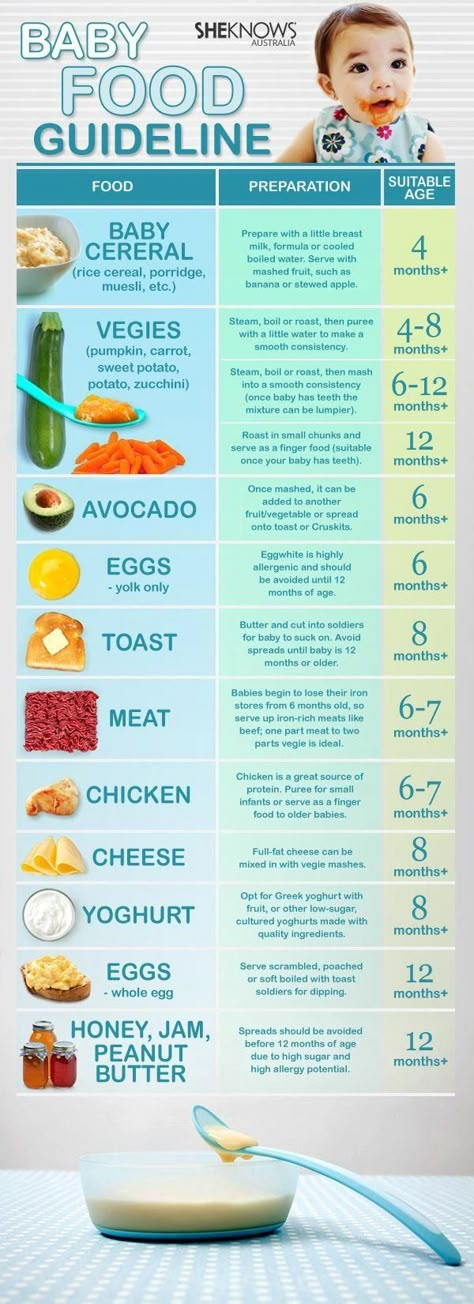 If the baby has constipation, then it is better to give a fermented milk mixture, we were prescribed NAN. Although the mixtures are adapted and will not negatively affect digestion, all these yogurts can only make things worse. nine0007
If the baby has constipation, then it is better to give a fermented milk mixture, we were prescribed NAN. Although the mixtures are adapted and will not negatively affect digestion, all these yogurts can only make things worse. nine0007
and dumplings have already been given to him, eh, author? 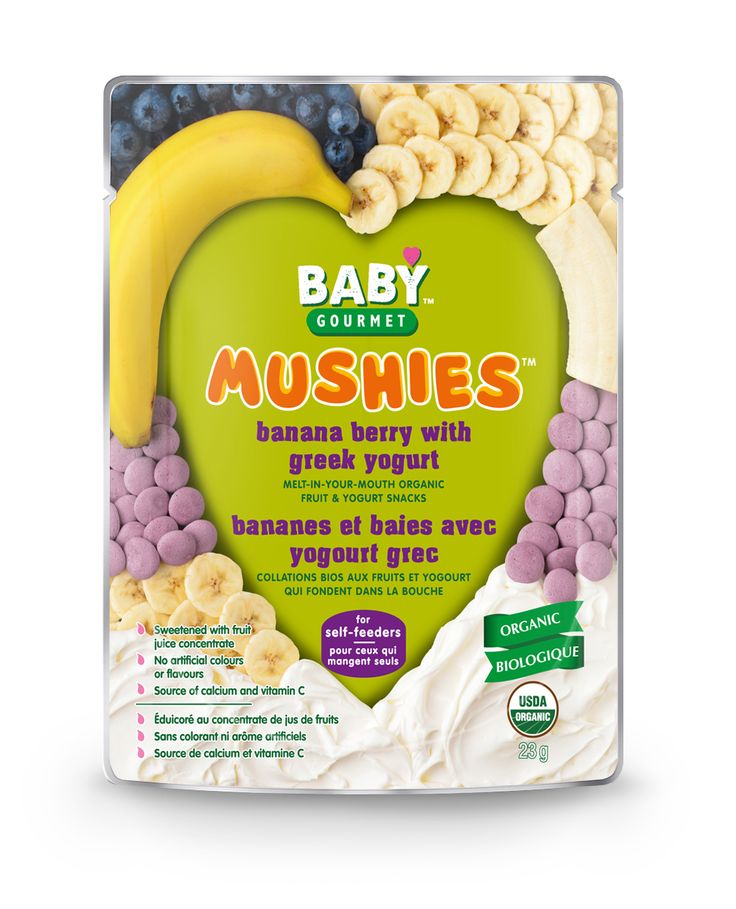 From the age of 6 months, we ate borscht with sour cream and cracklings, wiped with a fork. The sons are already 33 years old and 28 years old, if anything. Throw slippers at me, civilized mothers.
From the age of 6 months, we ate borscht with sour cream and cracklings, wiped with a fork. The sons are already 33 years old and 28 years old, if anything. Throw slippers at me, civilized mothers.
847 answers
#28
Guest
Dear Mom!!! I am a criminal. From the age of 6 months, we ate borscht with sour cream and cracklings, wiped with a fork. The sons are already 33 years old and 28 years old, if anything.


